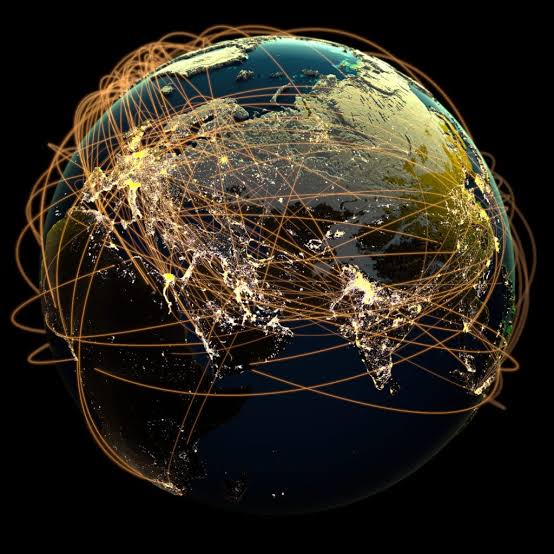#QuickBiteCompliance Day 112
Title: How “Laws That Cross Borders” Impact Financial Crime
Imagine you’re playing a game of tag, and someone changes the rules for everyone—even kids on the other side of the playground. That’s kind of like what happens with something called extraterritorial jurisdiction. It’s when one country makes and enforces rules that also affect people and businesses outside its borders.
The United States is the leader in this. For example, if a US company finds out its partner in another country is helping bad guys, like terrorists or money launderers, the US can step in—even if that bad activity is happening far away. On the other hand, the European Union doesn’t think it’s fair to enforce laws like this and says it goes against international rules.
So, how do bad guys exploit this?
Money Laundering: Criminals move money through countries that don’t allow this kind of “cross-border law,” making it harder for certain governments to stop them.
Sanctions Evasion: Some shady companies sneak around restrictions by doing business in countries that won’t enforce another nation’s sanctions.
Hiding Assets: Fraudsters hide stolen money in places where laws from other countries can’t reach.
This creates a giant game of hide-and-seek with serious consequences. That’s why financial crime experts work hard to track these tricks and ensure the rules of the game are fair and effective.
🌍✋ Let’s stop the bad guys from playing dirty!
#FinancialCrime #AML #SanctionsCompliance #Extraterritoriality #GlobalSecurity #RiskManagement #InclusiveRegtech #OpenSourceAML
Source: https://www.acams.org/en/resources/aml-glossary-of-terms

